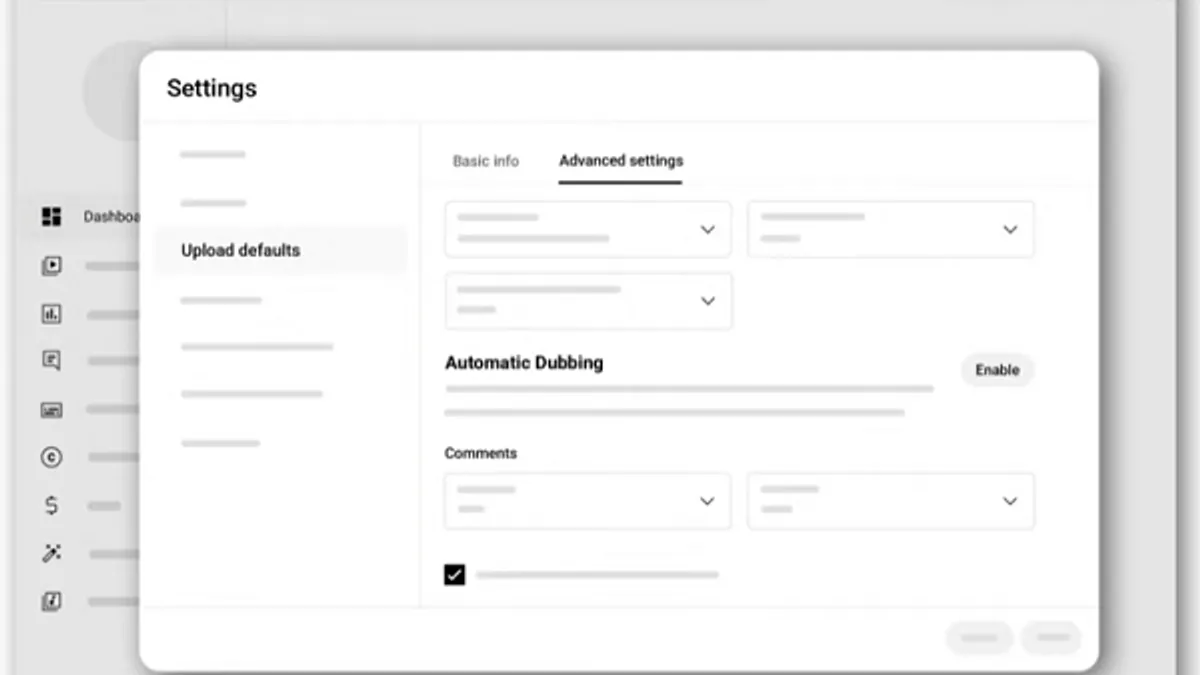Google Explains Thin E-commerce Page Ranking
Google's John Mueller recently addressed why an e-commerce page with minimal content ranks well in search results, even after a domain redirect. This case highlights that optimized content isn't always the sole factor for ranking.
The E-commerce Ranking Puzzle
A user on Bluesky questioned why a thin e-commerce landing page, essentially a redirect notice, ranked prominently for a product search. The concern was that the ranking domain redirected to another, seemingly impacting SEO.
Mueller's Explanation: User Focus
Mueller explained that the ranking page appeared like a standard e-commerce site to Google. The company had acquired another business and merged domains. While the redirect wasn't ideal for SEO, it didn't negatively impact user experience.
“It looks like a normal ecommerce site to me... it doesn’t seem terrible for users.”
Site Migration Best Practices
Mueller acknowledged the company's less-than-optimal site migration strategy. He pointed out the use of a "soft or crypto redirect," hindering the transfer of SEO value from the old domain.
“Our guidance for site migrations is at https://developers.google.com/search/docs/crawling-indexing/site-move-with-url-changes. What they’re doing... makes transferring information about the old site hard / impossible.”
Key Takeaway: User Experience Matters
This case demonstrates that while SEO is crucial, Google prioritizes user experience. Even thin content can rank if it serves the user's needs effectively. While rankings fluctuate, focusing on a positive user experience remains a core SEO principle.







